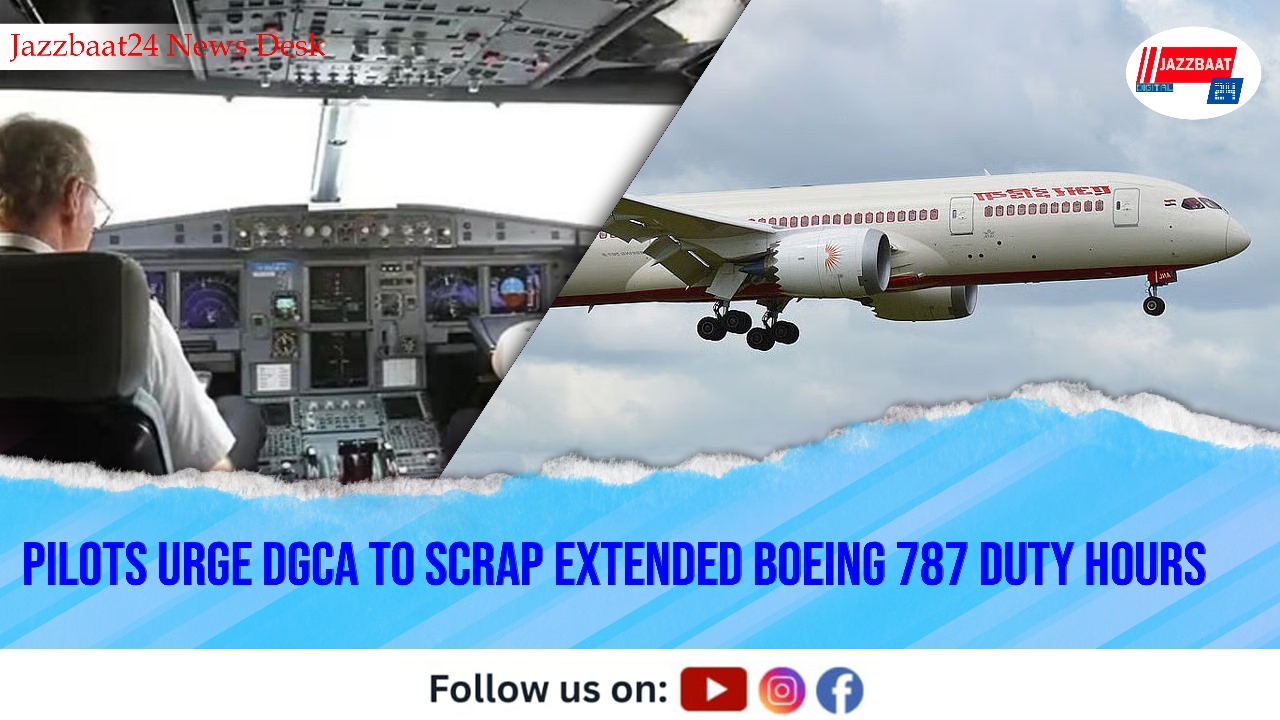The Airline Pilots’ Association of India (ALPA) has raised alarm over the Directorate General of Civil Aviation’s (DGCA) recent decision to extend flight duty limits for Boeing 787 pilots. In a letter dated October 26, ALPA called the move a serious safety risk, especially in light of recent US Federal Aviation Administration (FAA) restrictions on the same aircraft type.
DGCA’s revision allows two-pilot crews to operate flights for up to 10 hours 30 minutes, with a total duty period of 14 hours an increase from the previous 10 and 13 hours respectively. ALPA argues this change undermines global safety norms and increases fatigue-related risks, particularly during long-haul flights and those operating through the Window of Circadian Low (WOCL), when alertness is naturally reduced.
The FAA had earlier restricted the captain’s seat recline function on Boeing 787s, impacting in-flight rest. ALPA claims this limitation further compromises crew recovery during extended operations. While international carriers have responded by adding a third pilot to such flights, DGCA has opted to stretch duty hours without mandating augmented crew.
ALPA emphasized that India’s Civil Aviation Requirement (CAR) on Flight Duty Time Limit was based on scientific research and aligned with International Civil Aviation Organization (ICAO) guidelines. Deviating from these standards, they say, prioritizes commercial convenience over safety.
The association has urged DGCA to roll back the extension, require a three-pilot crew for flights exceeding eight hours or operating during WOCL, and conduct a thorough fatigue risk assessment in consultation with pilots. They warned that ignoring these concerns could expose both crew and passengers to preventable dangers, calling for immediate regulatory intervention to uphold safety and integrity in aviation operations.
